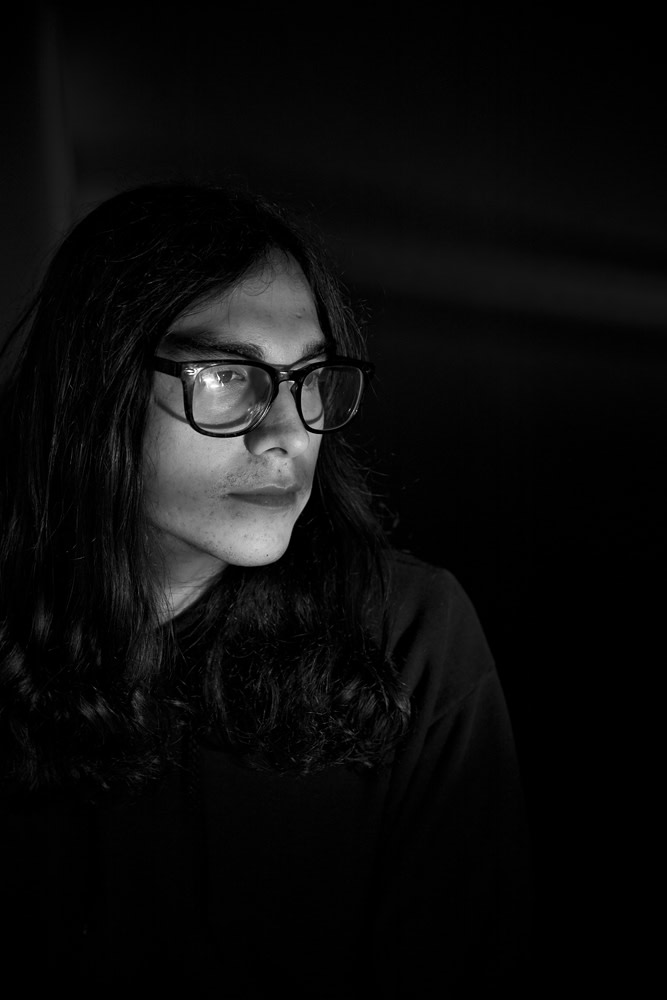 Photo by Vanessa Heins
Photo by Vanessa Heins
5 Fast Facts is The FADER's quick introductory series to a new musician we're excited about, told to you in their own words. Today's Q&A comes from Daniel Monkman, the singer-songwriter behind the Canadian shoegaze group Zoongideewin (or Zoon for short). Zoon's gorgeous debut album Bleached Wavves is out now.
Mellow Gold was the album that started it all
As a teen, I picked up a copy of Beck’s Mellow Gold from our local thrift shop in Selkirk, Manitoba, for 50 cents. After returning home and listening to it for the first time I decided then and there I could be a musician. Before that, I had assumed I needed formal training. Beck’s songwriting was so abstract and still to this day has a major impact on me.
Life on the reservation inspired Bleached Wavves
My home reserve is called BrokenHead Ojibwe Nation, and I lived there on and off throughout my life. As a child, I attended a school named after “Sargent Tommy Prince" who was the most decorated First Nations veteran. A lot of inspiration from my track, "Brokenhead," came from stories about Tommy Prince, who is a distant relative of mine.
He shot his shot on Instagram and landed a dream production credit
Chris Chu of the Morning Benders co-produced "Vibrant Colours". I didn’t have a contact for him at the time so I DM’d him directly on Instagram not thinking he’d agree, haha.
Family struggles led to deep thoughts
After moving to Selkirk I watched as my grandparents suffer from brain cancer and schizophrenia. "Vibrant Colours" is about the afterlife and memory. We depend on memory to understand where we come from and the lessons we’ve learned. If we accidentally touch a hot element we remember to be cautious next time, but what are we without memory? What if we forgot about death, would having a memory be a burden then?
His humility finds its way into his songwriting
"Help Me Understand" used to be called "Make Me Understand" but after going through recovery and learning about enlightenment and humility, I decided to change it. ‘Make me’ was too aggressive where ‘help me’ is a way to express humility and vulnerability. That was a very powerful lesson that I learned. Rather than point the finger, you should be open to learning from each other.


